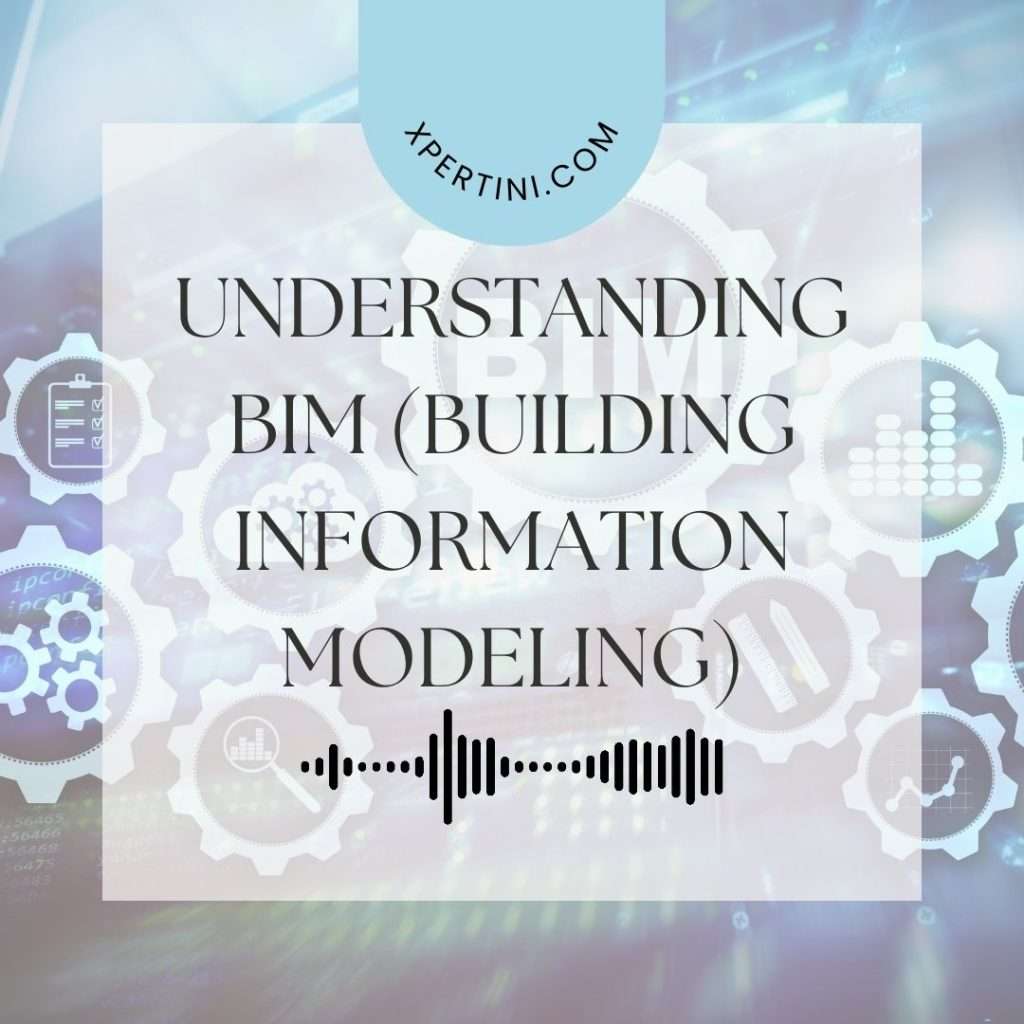Understanding BIM (Building Information Modeling)
Course Summary
Understanding Building Information Modeling (BIM) is a comprehensive course designed to impart foundational and advanced knowledge essential for navigating the dynamic field of BIM. This course meticulously outlines the historical evolution of BIM, emphasizing its pivotal milestones and significant industry developments. By examining the fundamental principles and components, participants gain a solid grounding in the essential features of BIM models, laying the groundwork for more complex concepts.
Participants will explore the numerous benefits of BIM adoption, such as enhanced collaboration, improved project outcomes, and streamlined workflows. However, the course also addresses the potential challenges and drawbacks, providing a balanced perspective supported by real-world examples. Effective communication and collaboration among project stakeholders are crucial, and this course delves into how BIM fosters these aspects, underscoring the importance of seamless workflows in achieving project success.
A significant portion of the course is dedicated to data interpretation within BIM. Participants learn techniques for extracting and utilizing data from BIM models, enabling them to make informed decisions based on accurate and relevant information. Practical examples illustrate the application of these techniques in real-world scenarios, reinforcing the theoretical knowledge with hands-on insights.
Advanced BIM techniques and cutting-edge technologies are explored, offering participants a glimpse into the latest methodologies shaping the industry. The course also addresses the legal and regulatory aspects of BIM, providing an understanding of the frameworks governing its implementation. This knowledge is crucial for ensuring compliance and navigating the complex legal landscape of the construction industry.
Future trends in BIM are a focal point, with discussions on emerging innovations and strategies for staying updated with industry developments. This forward-looking approach ensures participants are well-prepared to adapt to the evolving BIM landscape.
Career opportunities within the BIM domain are thoroughly examined, providing guidance on potential career paths, skill development, and professional growth. By the end of this course, participants will be equipped with a robust understanding of BIM principles, advanced techniques, and the strategic insights necessary for successful implementation and career advancement in this rapidly evolving field.
Course Overview
This course offers a thorough exploration of Building Information Modeling (BIM), a vital technology in modern construction. BIM seamlessly incorporates digital representations of both physical and functional aspects of buildings, providing a holistic approach to design, construction, and management. Participants will delve into the importance of BIM in contemporary construction practices and its broader implications for the industry.
Course Objectives
Understand the fundamentals of Building Information Modeling (BIM) and its applications.
Explore the historical evolution of BIM and its relevance in contemporary construction projects.
Analyze the key principles and concepts underlying BIM implementation.
Evaluate the benefits and challenges associated with BIM adoption.
Examine the role of BIM in improving collaboration and communication among project stakeholders.
Gain proficiency in interpreting BIM models and data for decision-making.
Explore advanced BIM techniques and technologies.
Understand the legal and regulatory aspects of BIM implementation.
Identify potential career opportunities in the BIM domain.
Develop a strategic mindset towards the future trends and innovations in BIM.
Course Outcomes
Articulate the fundamental principles and concepts of Building Information Modeling.
Demonstrate an understanding of the historical evolution of BIM and its significance in the construction industry.
Analyze and evaluate the impact of BIM on project efficiency and collaboration.
Develop practical skills in using BIM software tools for project design and management.
Explore the integration of BIM with emerging technologies such as AR and VR.
Understand the environmental and sustainability implications of BIM in construction.
Analyze legal and regulatory considerations associated with BIM projects.
Critically examine real-world case studies of successful BIM implementations.
Demonstrate effective communication and collaboration skills in a BIM environment.
Identify and evaluate diverse career opportunities within the BIM field.
Course Audience
Professionals in the construction and design industry seeking to enhance their BIM knowledge.
Students pursuing a career in architecture, engineering, or related fields.
Project managers and decision-makers involved in construction projects.
Individuals interested in transitioning to a career in the BIM industry.

